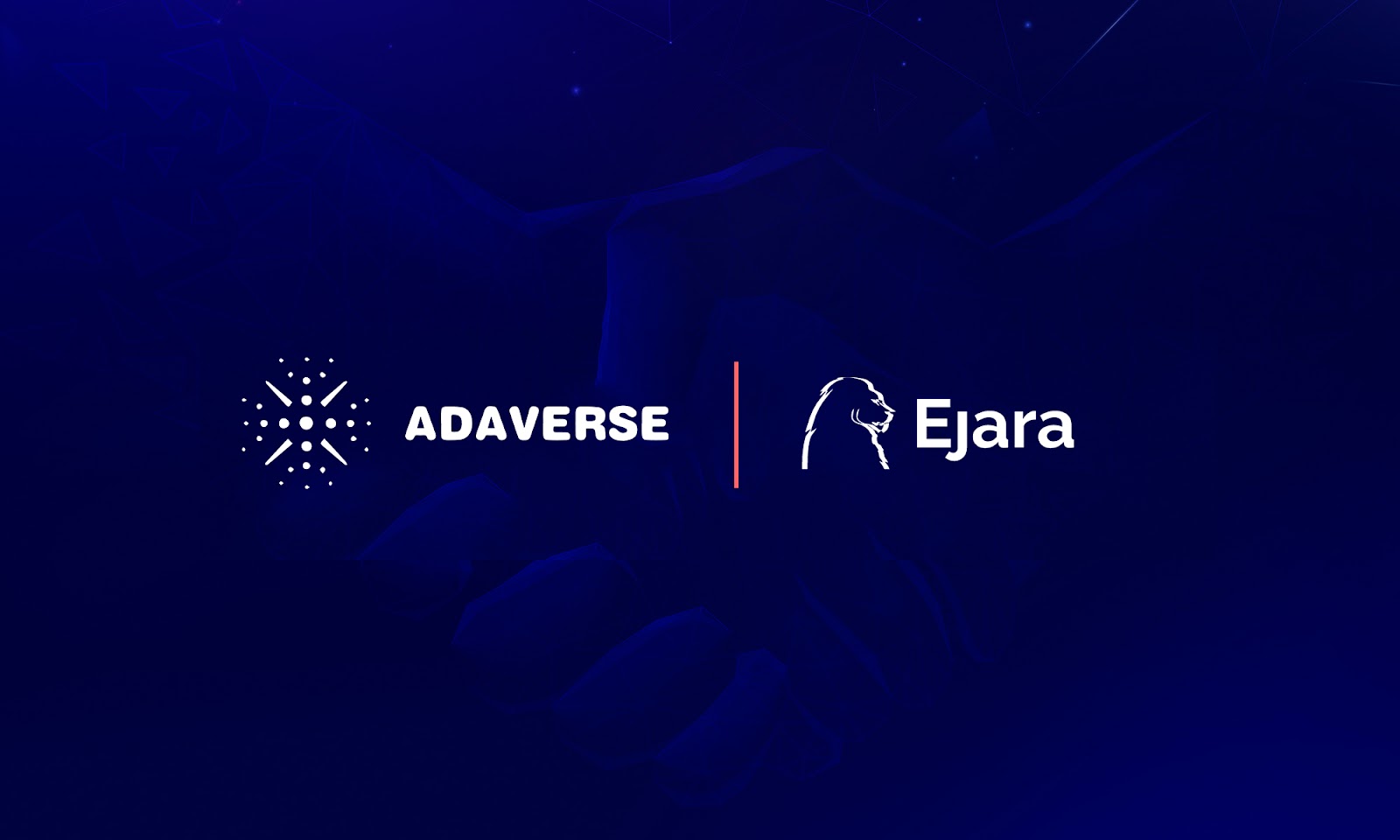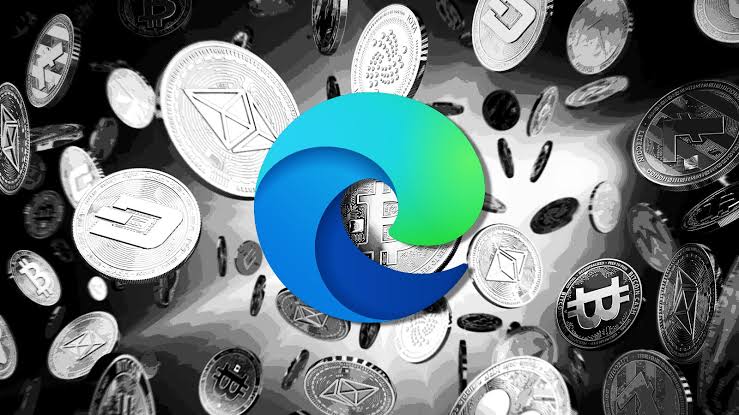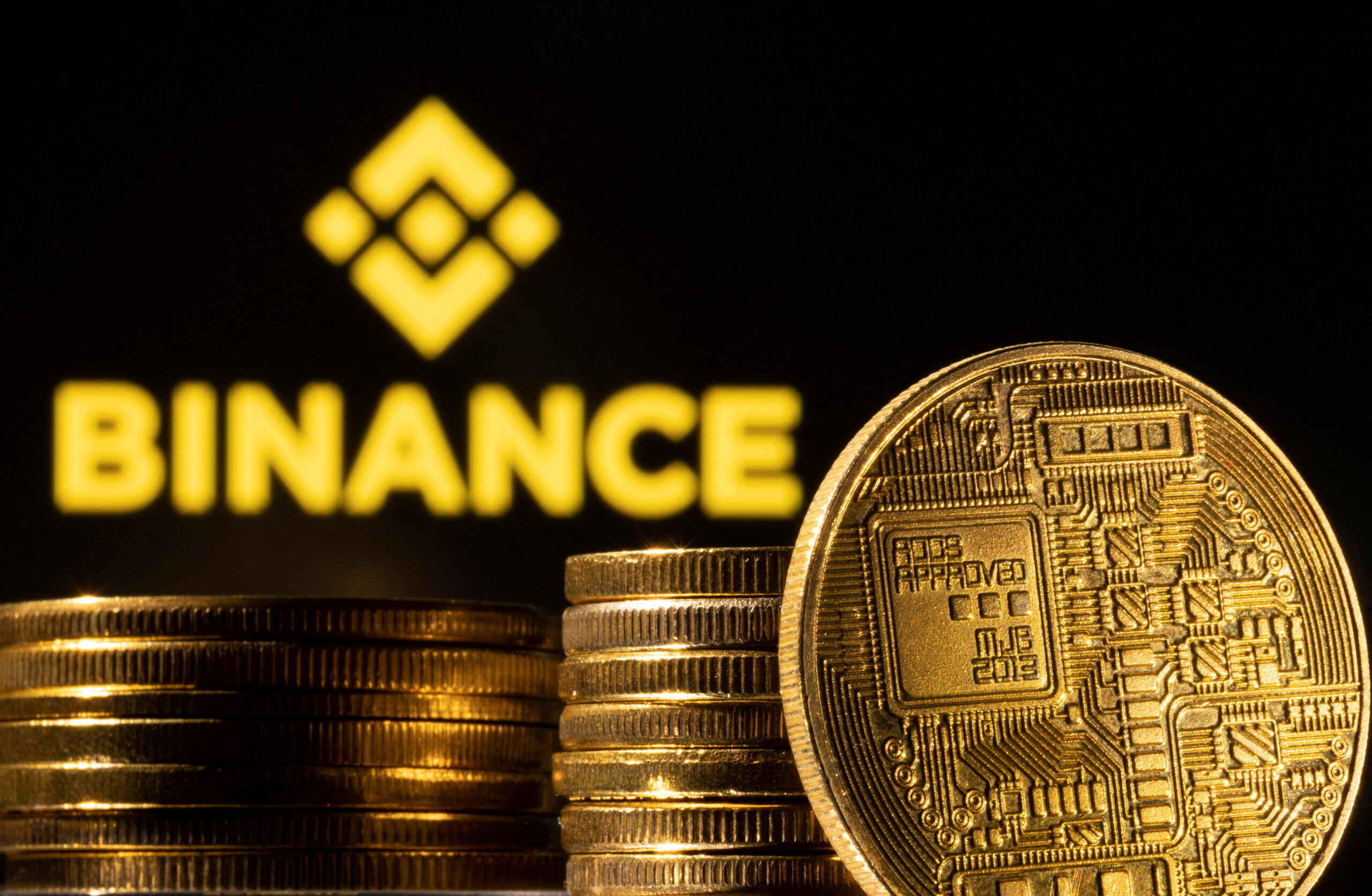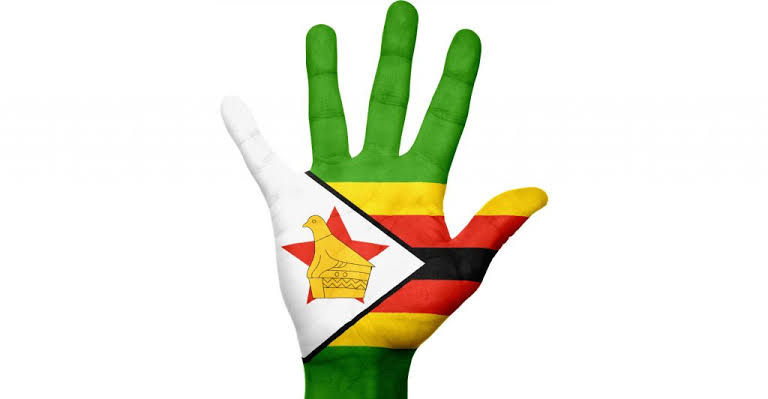Nigeria has become one of the most recent countries to support the usage of Blockchain technologies, joining a growing worldwide community that recognises their merits.
The approval of Blockchain technology was one of the decisions reached during this week’s federal executive council meeting, which was presided over by President Muhammadu Buhari at the presidential villa’s council rooms in Abuja.
After the cabinet meeting on Wednesday, Isa Pantami, the Minister of Communications and Digital Economy, announced that the National Blockchain Policy had been developed in collaboration with over 50 stakeholders, including diverse institutions and people.
He went on to say that the policy’s ratification marked the institutionalisation of blockchain technology and its various components in Nigeria.
Mr Pantami further stated that the Federal Government previously backed the National Digital Economy policy and strategy, which was released on November 28, 2019, to facilitate the establishment of a digital Nigeria.
The administration of President Muhammadu Buhari is investigating blockchain technology and exploiting the value it is expected to provide to the global economy by 2030.
Read also: African blockchain business funding rises by 429%
Understanding Blockchain technology
Blockchain technology, a decentralised and distributed digital ledger, records transactions in a secure and transparent manner.
The technology operates through a network of computers that store copies of the same digital ledger, making it virtually impossible to alter or manipulate the information without consensus from the entire network.
Each block in the chain contains a set of transactions that are verified by network participants, and once validated, the information is added to the ledger. The blocks are then linked together chronologically, creating an immutable and tamper-proof record of all the transactions that have occurred on the network.
The most well-known use case of blockchain technology is cryptocurrency, which uses blockchain to record and verify transactions in a decentralized and secure manner without the need for a central authority such as a bank. However, the potential applications of blockchain technology extend far beyond cryptocurrencies.
The Benefit of Blockchain to Nigeria
Blockchain technology which has the potential to revolutionize industries ranging from finance and banking to supply chain management, healthcare, and voting systems, to name just a few examples, can also provide increased security in Nigeria, transparency, and efficiency in a wide range of industries, making it a promising tool for the future of digital innovation.
By institutionalizing this technology in Nigeria, there will be greater opportunities for talent development and innovation in the digital sector.
Blockchain technology can provide several benefits to Nigeria.
How Blockchain technology will stimulate growth in Nigeria
Blockchain technology can enhance transparency in areas such as government operations, supply chain management, and financial transactions. By creating an immutable and tamper-proof record of transactions, blockchain can increase accountability and reduce the potential for fraud and corruption.
The technology is inherently secure due to its decentralized nature, which means that data is stored on a network of computers instead of a single location. This makes it much more difficult for hackers to gain access to sensitive data.
Blockchain technology has the potential to stimulate economic growth in Nigeria by creating new opportunities for entrepreneurship and innovation. The technology can provide a foundation for the development of new businesses and services, which can create jobs and drive economic growth.
Blockchain technology can help to increase financial inclusion in Nigeria by providing access to financial services to people who are currently unbanked or underbanked. With blockchain-based solutions, people can conduct financial transactions without the need for a traditional bank account.
By endorsing blockchain technology, Nigeria can attract and develop talent in the digital sector. This can lead to a more robust and innovative technology industry, which can contribute to the growth of the Nigerian economy.
According to the Minister of Communications and Digital Economy, the institutionalization of this innovative development will have a significant impact on vital sectors, improving trust, transparency, and data traceability across business networks.
The minister further elaborated that upon the approval of the policy, the regulatory agencies have been instructed by the cabinet to collaborate with the National Information Technology Development Agency to introduce regulatory instruments that would support the growth of the national economy and enhance security.









